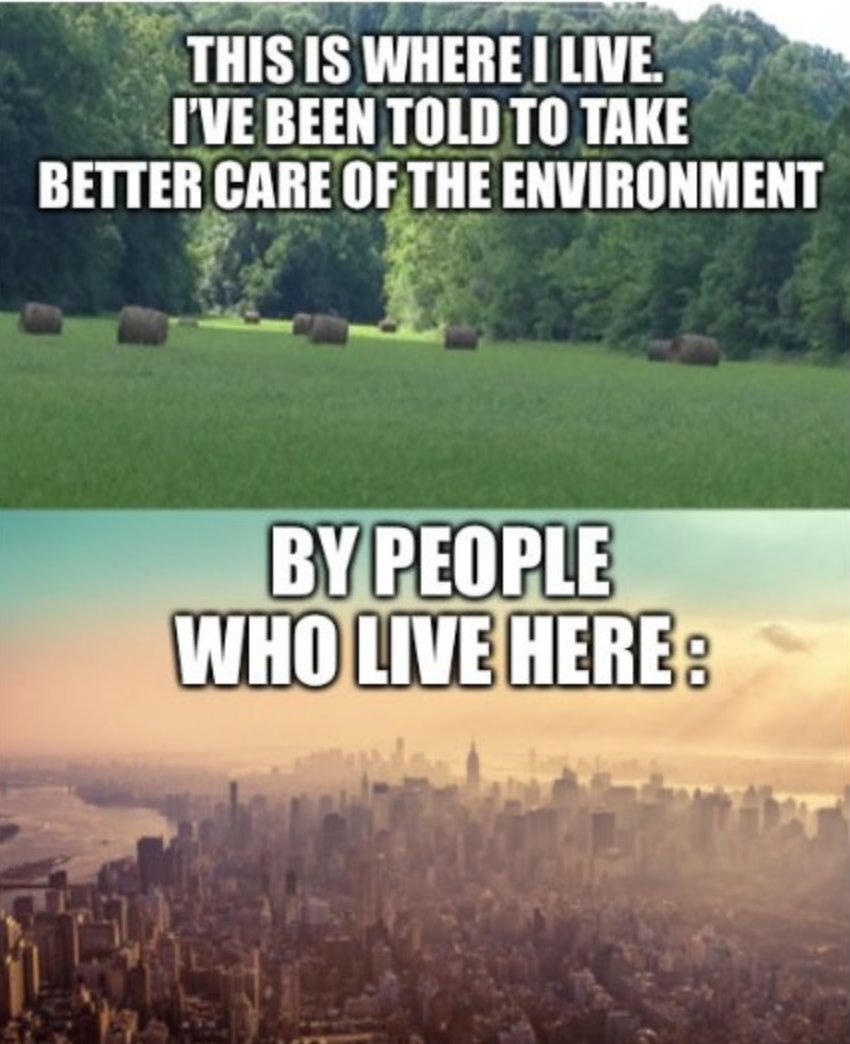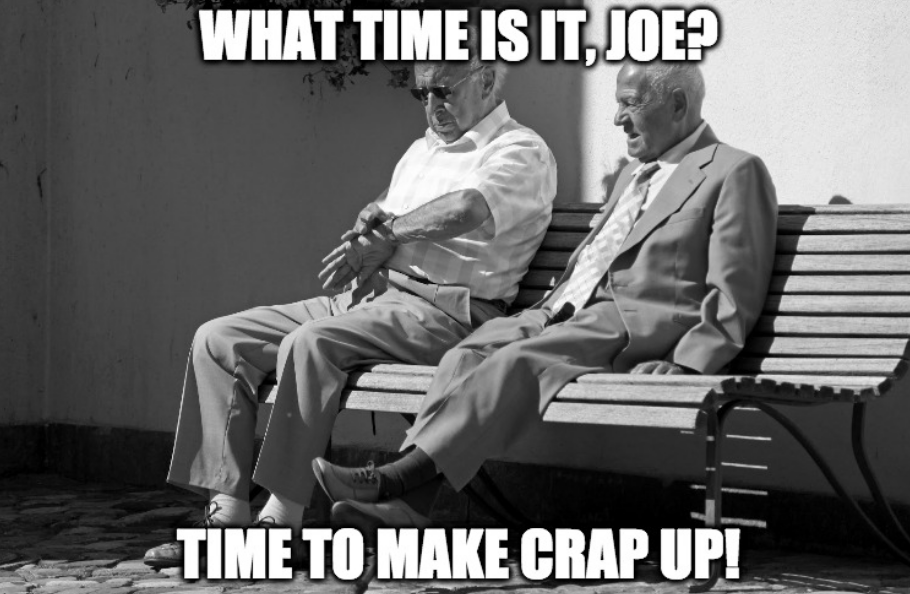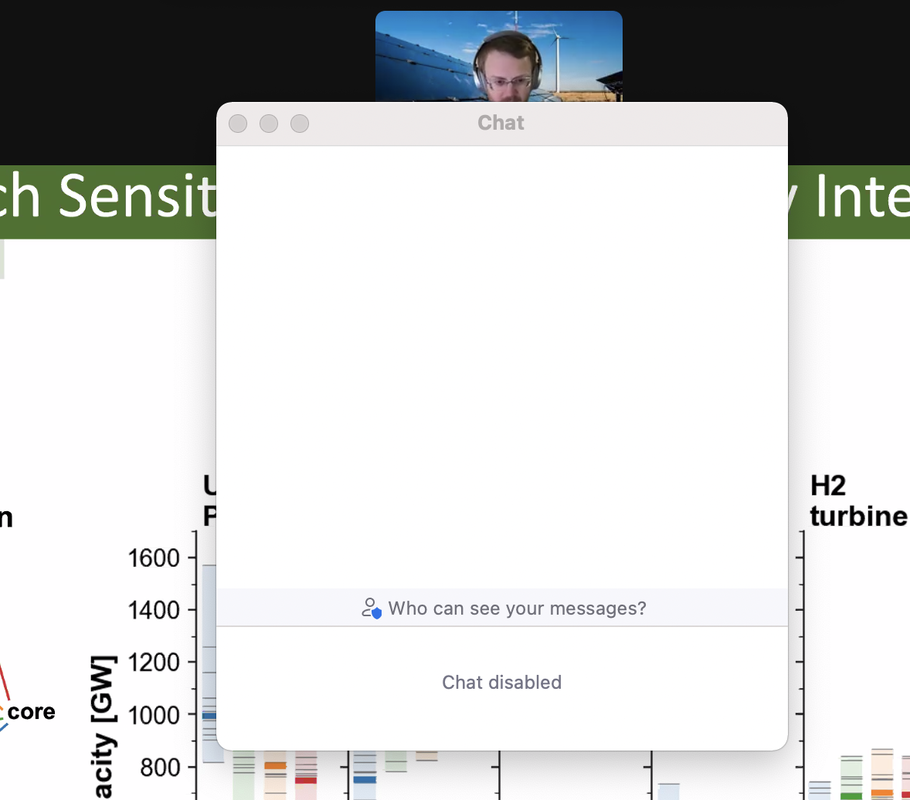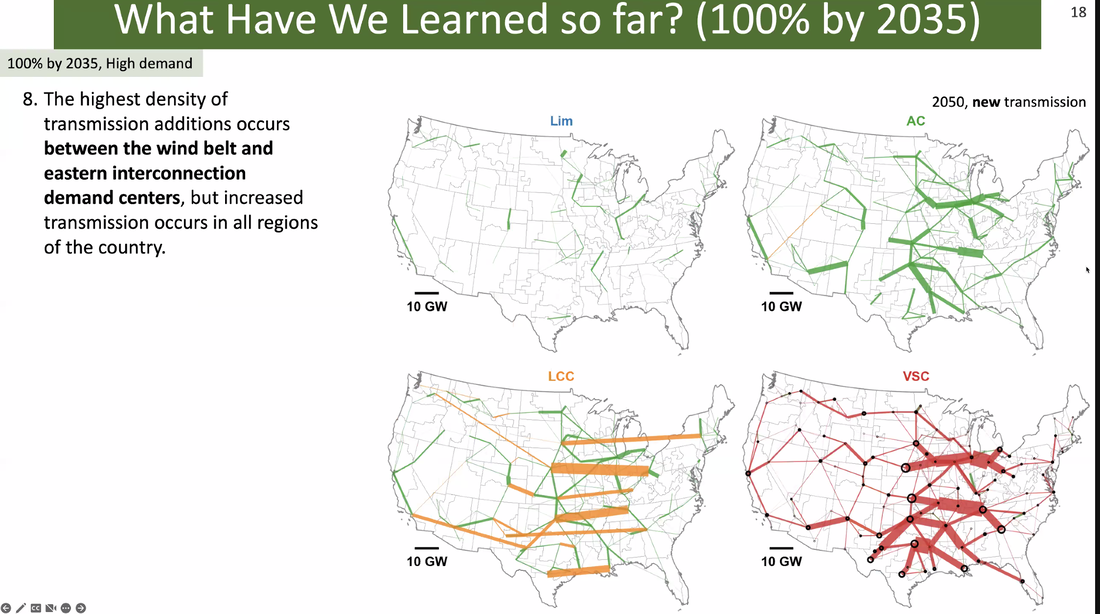The Court found that Grain Belt's notices to the landowners did not disclose the exact location of the easement area; did not give a description of all of Grain Belt's proposed uses of the land; and that Grain Belt's required appraisal of the land omitted a significant portion of the easement rights sought by Grain Belt and also omitted a portion of the owner's land from consideration.
It is therefore the ORDER of this Court that Plaintiffs Petition in Eminent Domain is DISMISSED without prejudice. The Court, pursuant to the requirements in Section 523.256 RSMo, orders Plaintiff to reimburse the owners for their reasonable attorney's fees
and costs incurred with respect to this condemnation proceeding. Defendants may file appropriate motions requesting the same.
| monroe_co_gbe_findings.pdf |
Another problem with Grain Belt's notices is that they never gave the landowners the exact size or location of the easement. GBE's description of the easements and acreage changed from time to time, as noted on the table the judge included in her findings. Missouri law requires that the landowner be notified that he may obtain his own appraisal, and the judge found that because GBE never disclosed the exact size and location of the easement, it prevented the landowner from obtaining an appraisal because an appraiser cannot appraise property that is not defined.
The findings revealed that GBE's appraiser did not consider the portion of the owner's property across the highway in his appraisal, and did not include the ingress/easements rights in his written report. The Court said:
On direct, the appraiser for Plaintiff testified that he took into account the ingress/egress rights, in spite of omitting them from his report. The Court recognizes that it has the authority to consider the credibility of an appraiser's testimony at a condemnation hearing. Planned Indus. Expansion Auth. of Kansas City v. Ivanhoe Neighborhood Council, 316 S.W.3d 418,425 (Mo.App. W.D. 2010), as modified (June 1, 2010). This Court "is not required to take the appraisers' testimony at face value." Id. at 428. With that consideration, the Court gives more weight to the fact that the written appraisal report omits a significant portion of the easement rights sought in the Petition and thus did not include
compensation for the omitted rights. As to the appraiser's testimony to the contrary, the Court attributes bias to the witness who has already obtained significant compensation for his services and stands to gain significantly more in the course of this Project.
I wonder how many other times GBE's crack team of attorneys and appraisers have not negotiated with landowners in good faith? And why did the Missouri PSC grant eminent domain authority to a company without the requisite skills and experience to negotiate in good faith with landowners?











 RSS Feed
RSS Feed